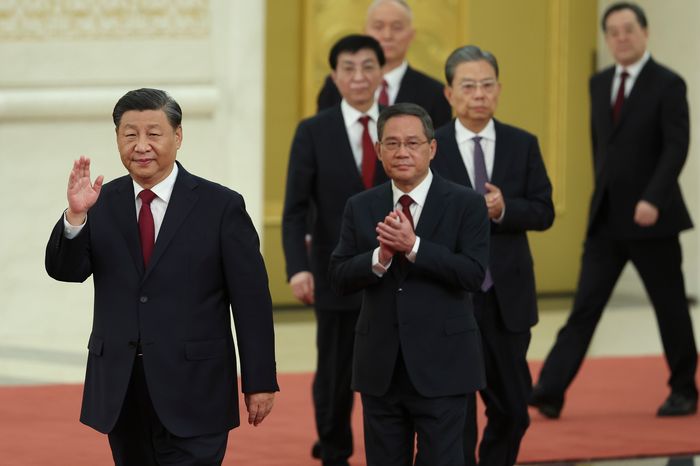
China’s economy is rotting from the head
11 November 2022
By Daron Acemoglu
BOSTON (Project Syndicate)—China highlights a long-debated question about economic development: Can a top-down autocracy outperform liberal market economies in terms of innovation and growth?
Between 1980 and 2019, China’s average annual GDP growth rate was over 8%—faster than any Western economy—and in the 2000s, its economic trajectory exceeded mere catch-up growth (using Western technologies). China started making its own technology investments, producing patents and academic publications, and spawning innovative companies such as Alibaba, Tencent, Baidu, and Huawei.
Some naysayers had thought this unlikely. While plenty of autocrats had presided over rapid economic expansions, never before had a non-democratic regime generated sustained, innovation-based growth. Some Westerners were mesmerized by Soviet scientific prowess in the 1950s and 1960s, but often they were channeling their own biases. By the 1970s, the Soviet Union was clearly falling behind and stagnating, owing to its inability to innovate across a broad range of sectors.
True, some astute China observers pointed out that the Communist Party of China’s iron grip did not bode well for the country’s prospects. But the more common view was that China would sustain its astonishing growth. While there were debates over whether China would be a benign or malign force globally, there was little disagreement that its growth was unstoppable. The International Monetary Fund and the World Bank made a habit of projecting past Chinese growth rates into the future, and books with titles like “When China Rules the World” proliferated.
For years, one also heard arguments that China had achieved “accountability without democracy,” or that the CPC leadership was at least constrained by term limits, a balance of powers, and other good-governance stopgaps. China won praise for demonstrating the virtue of government planning and offering an alternative to the neoliberal Washington Consensus.
Even those who recognized China’s model as a form of “state capitalism”—with all the contradictions that entails—projected that its growth would continue largely unabated.


